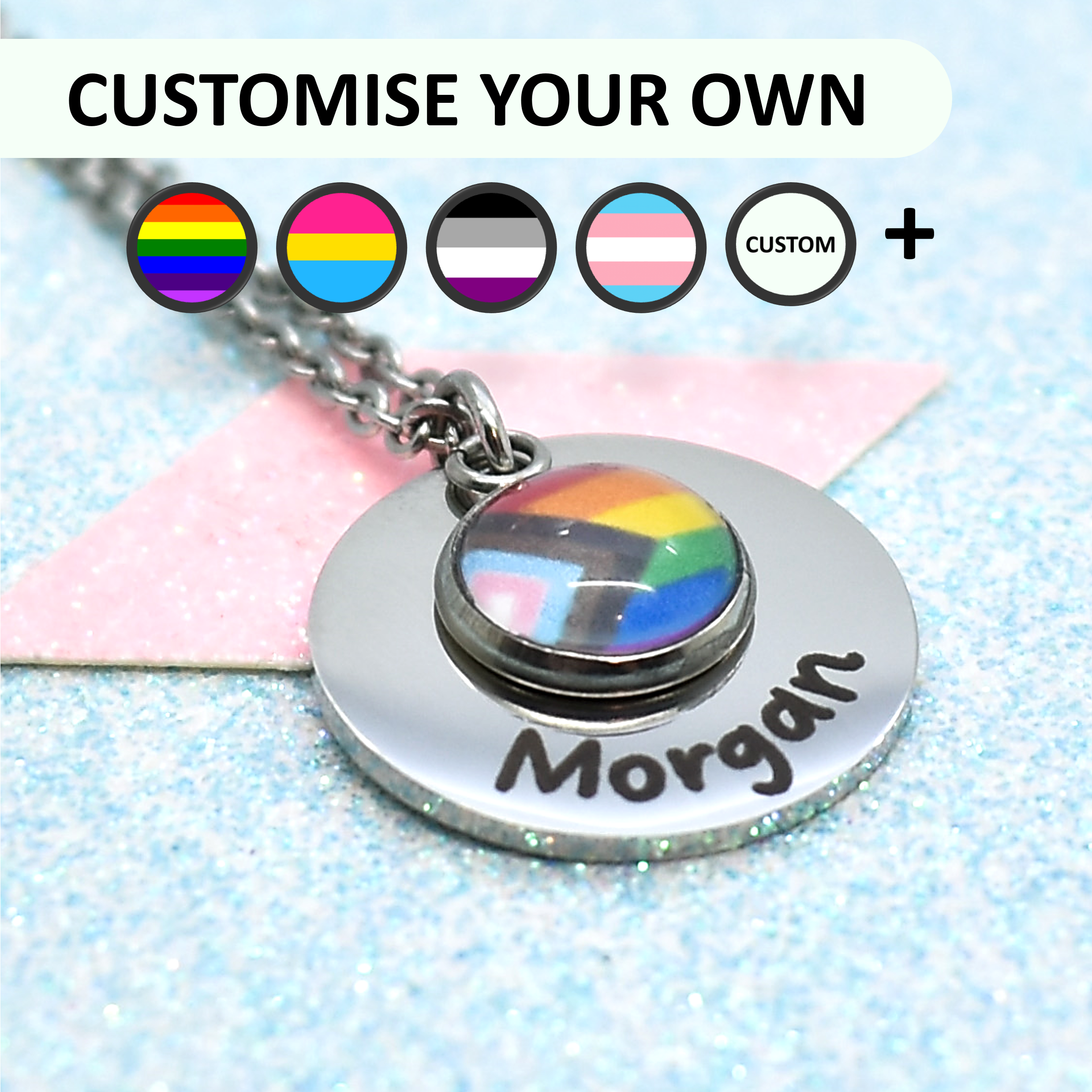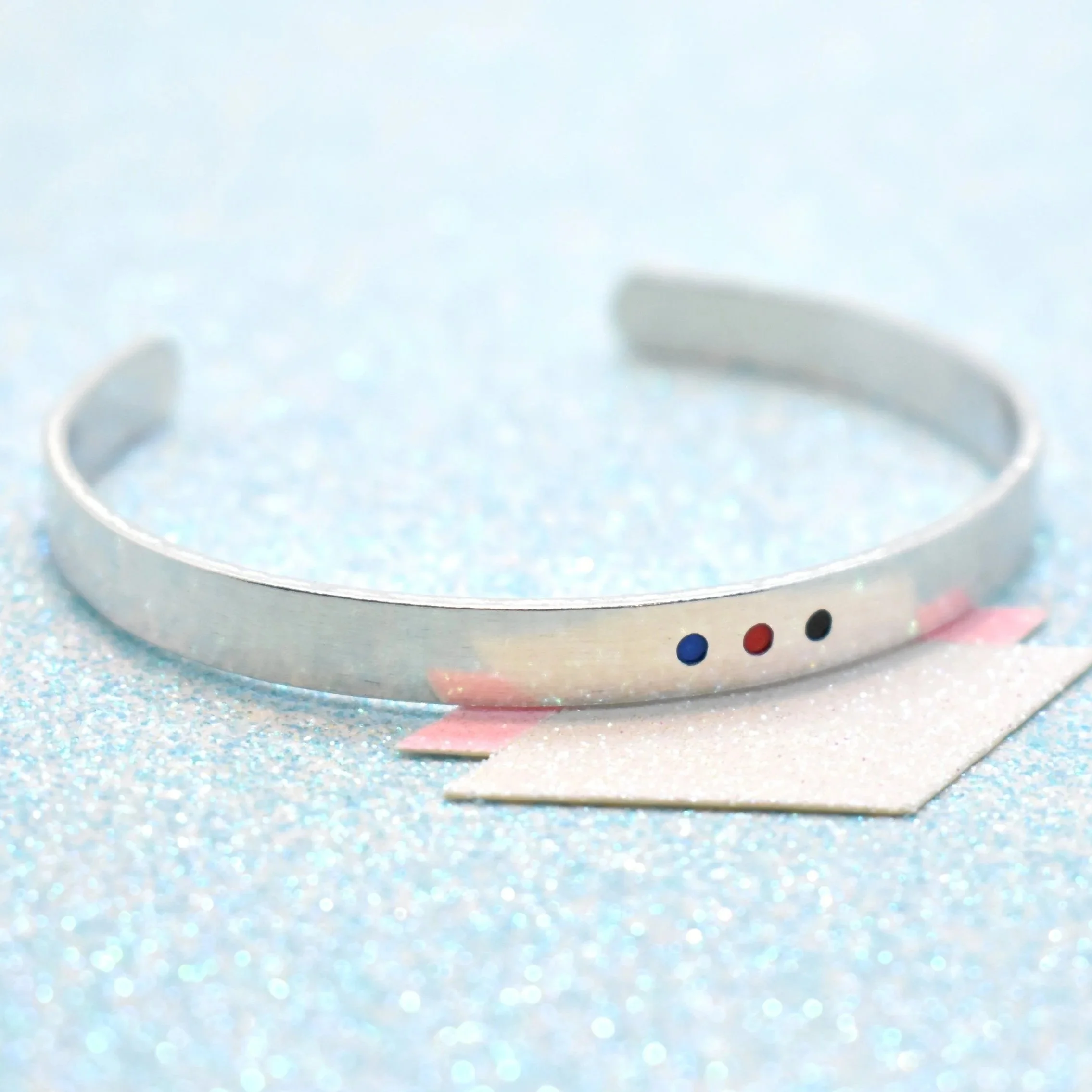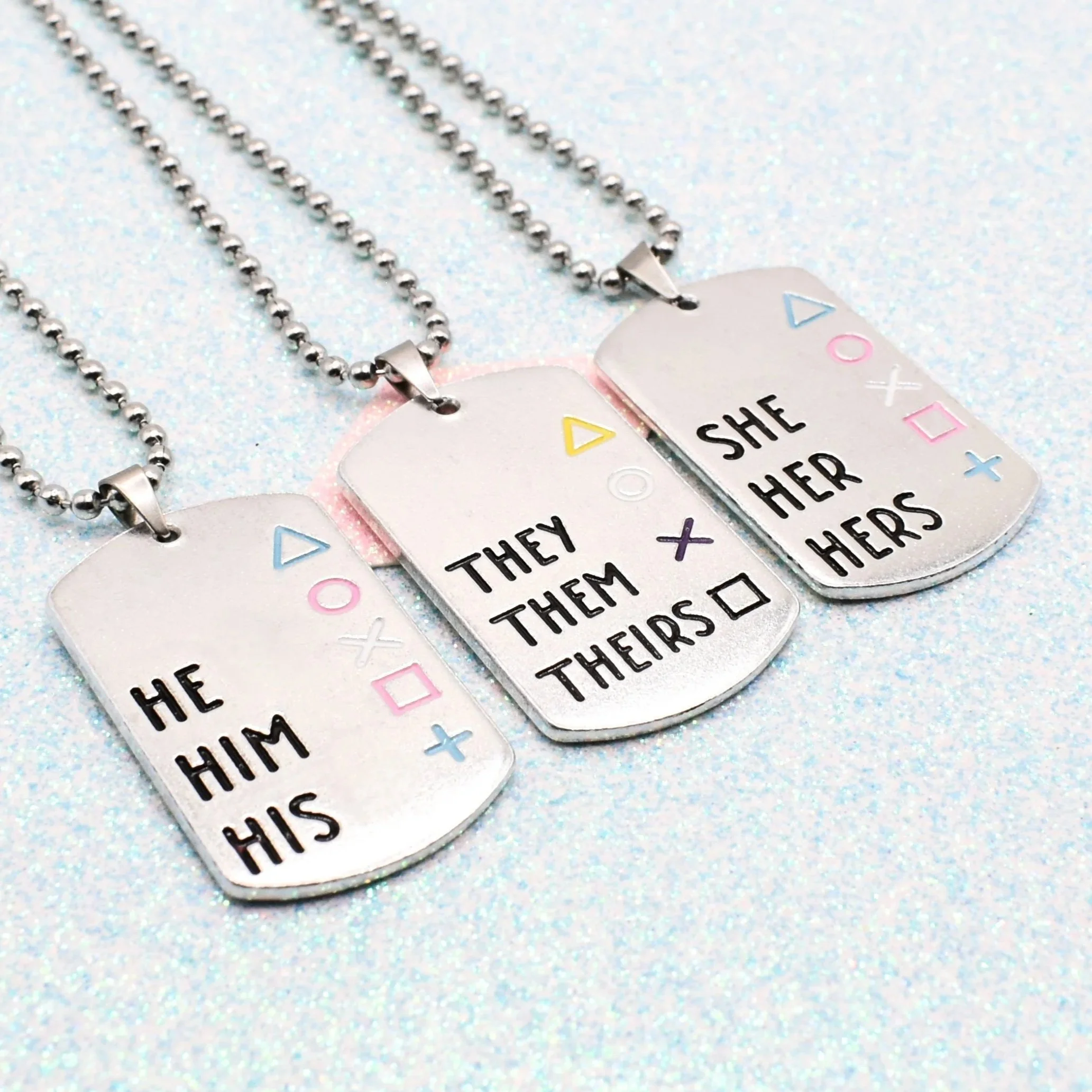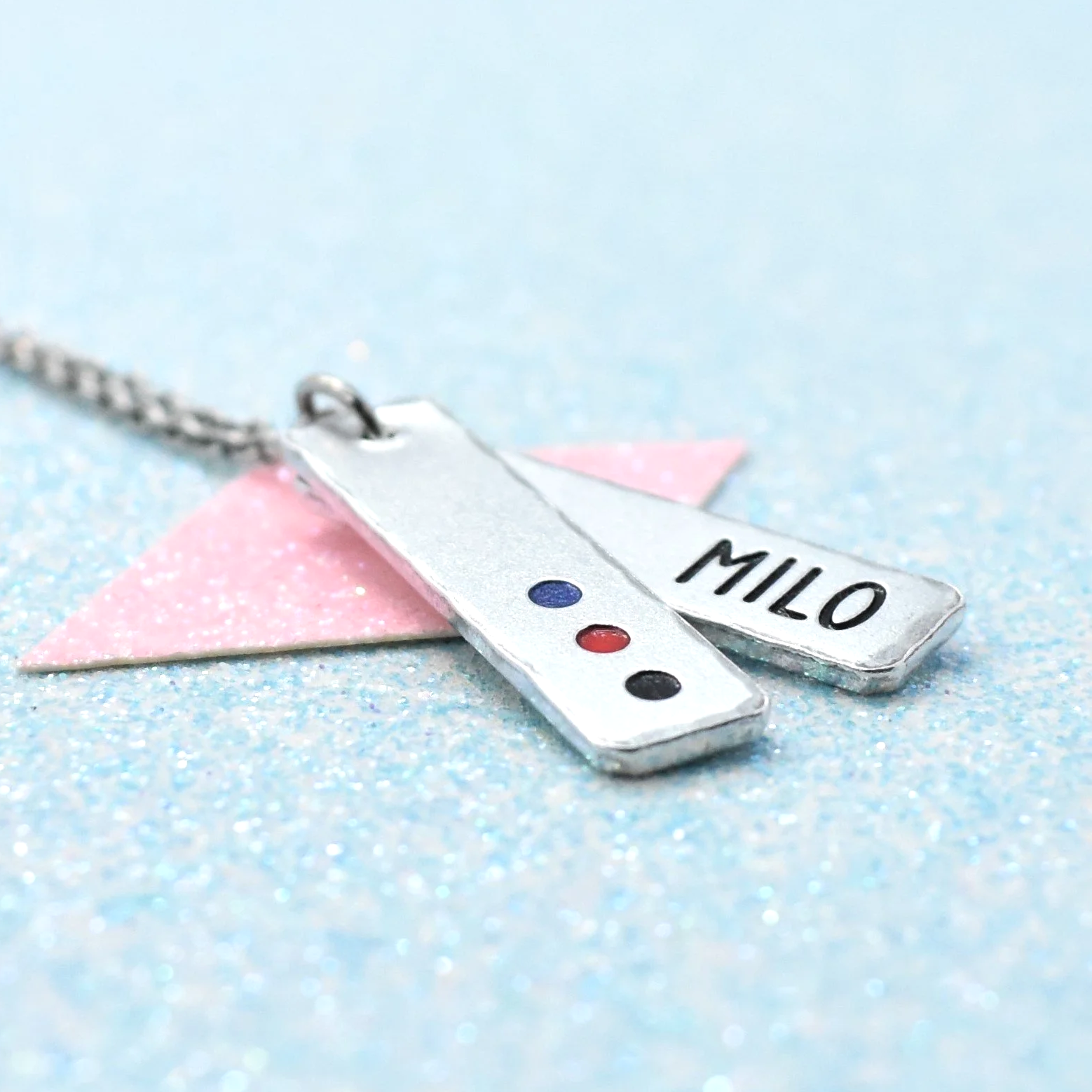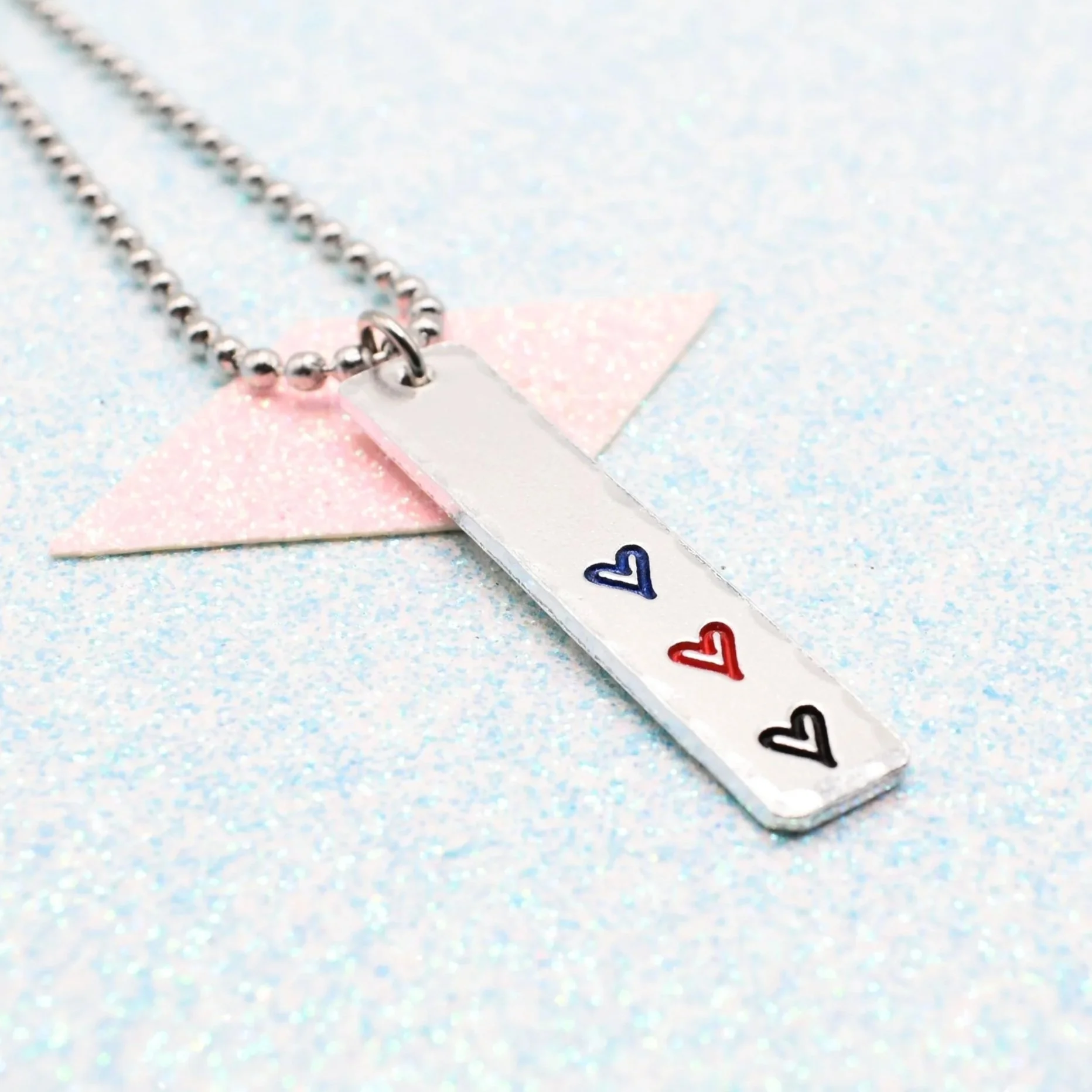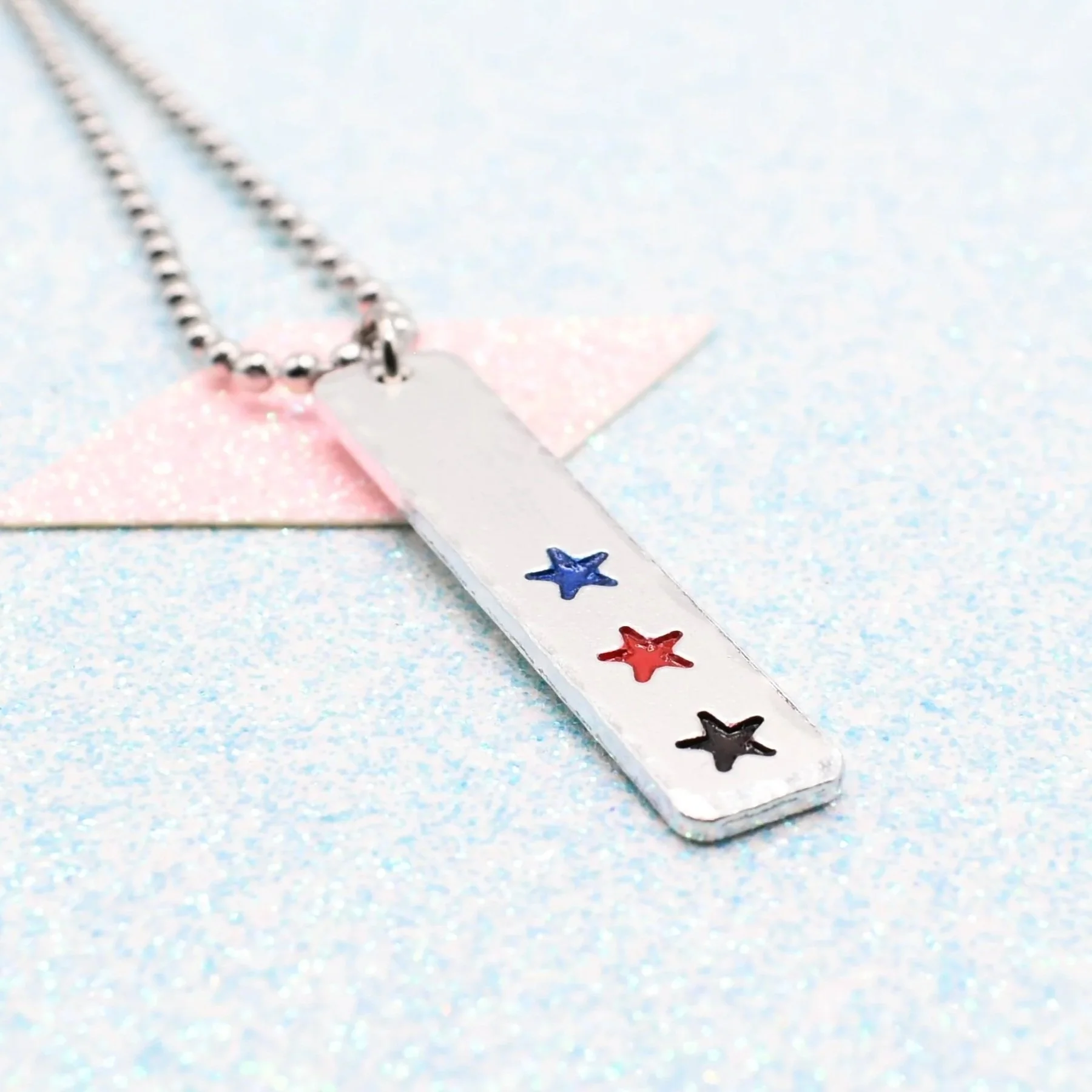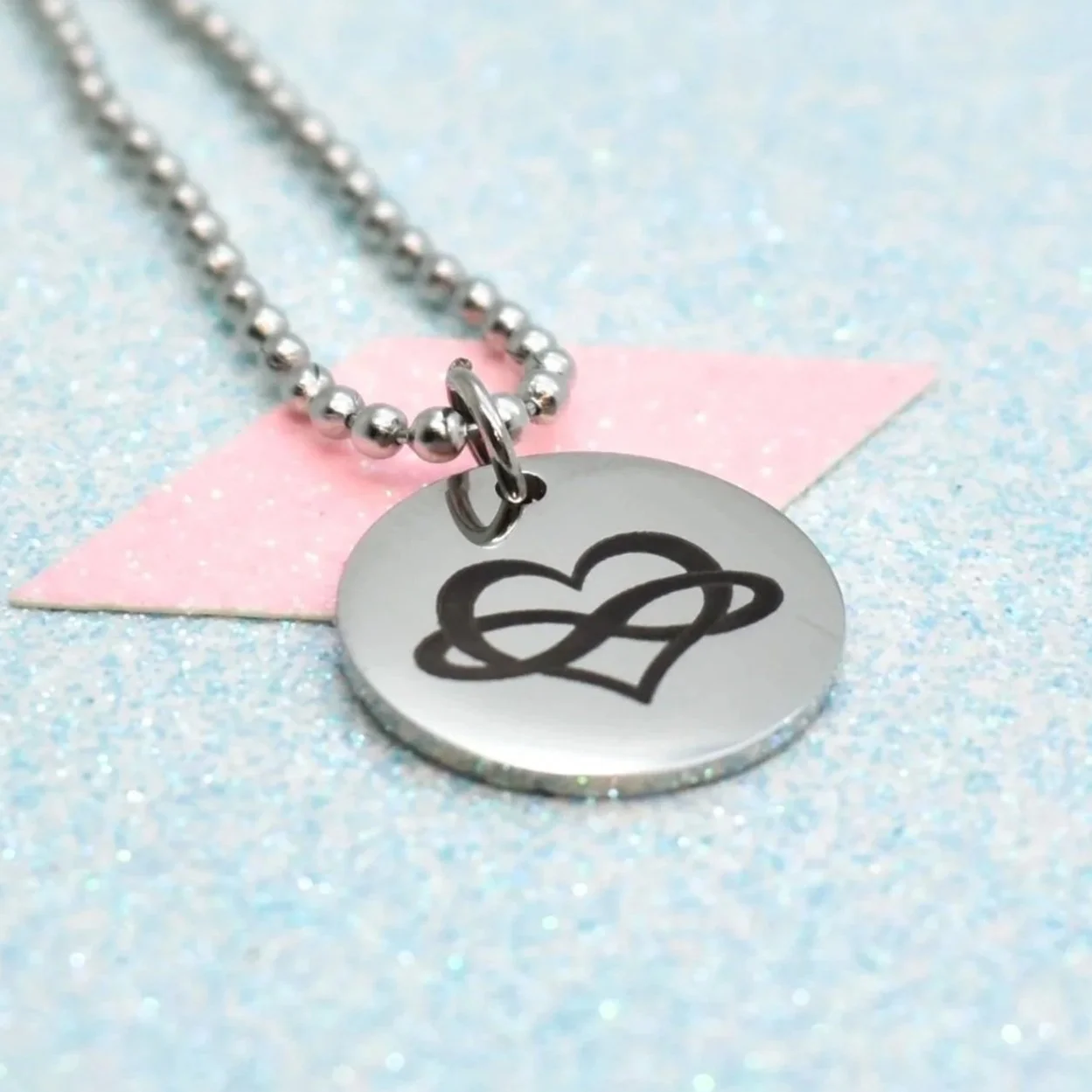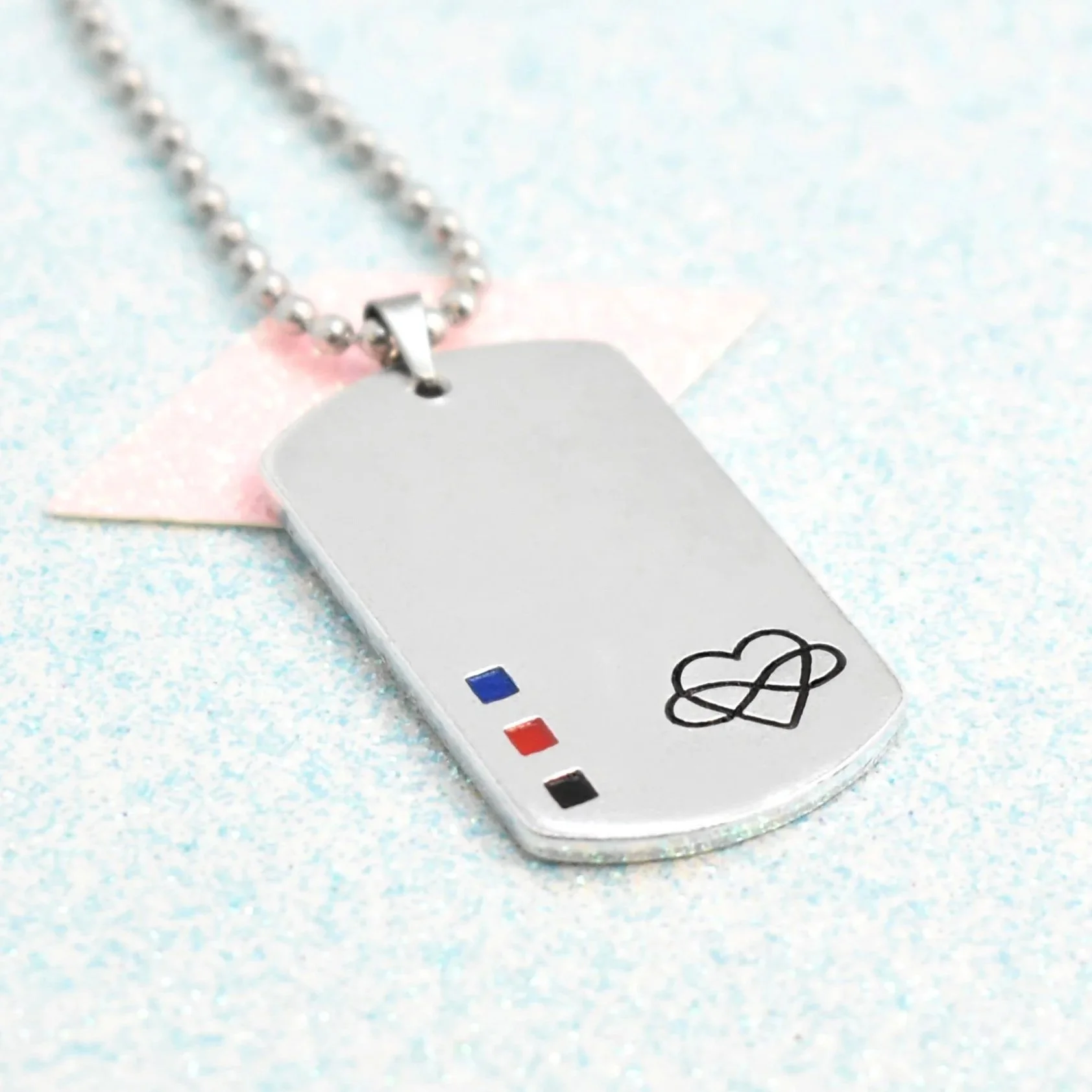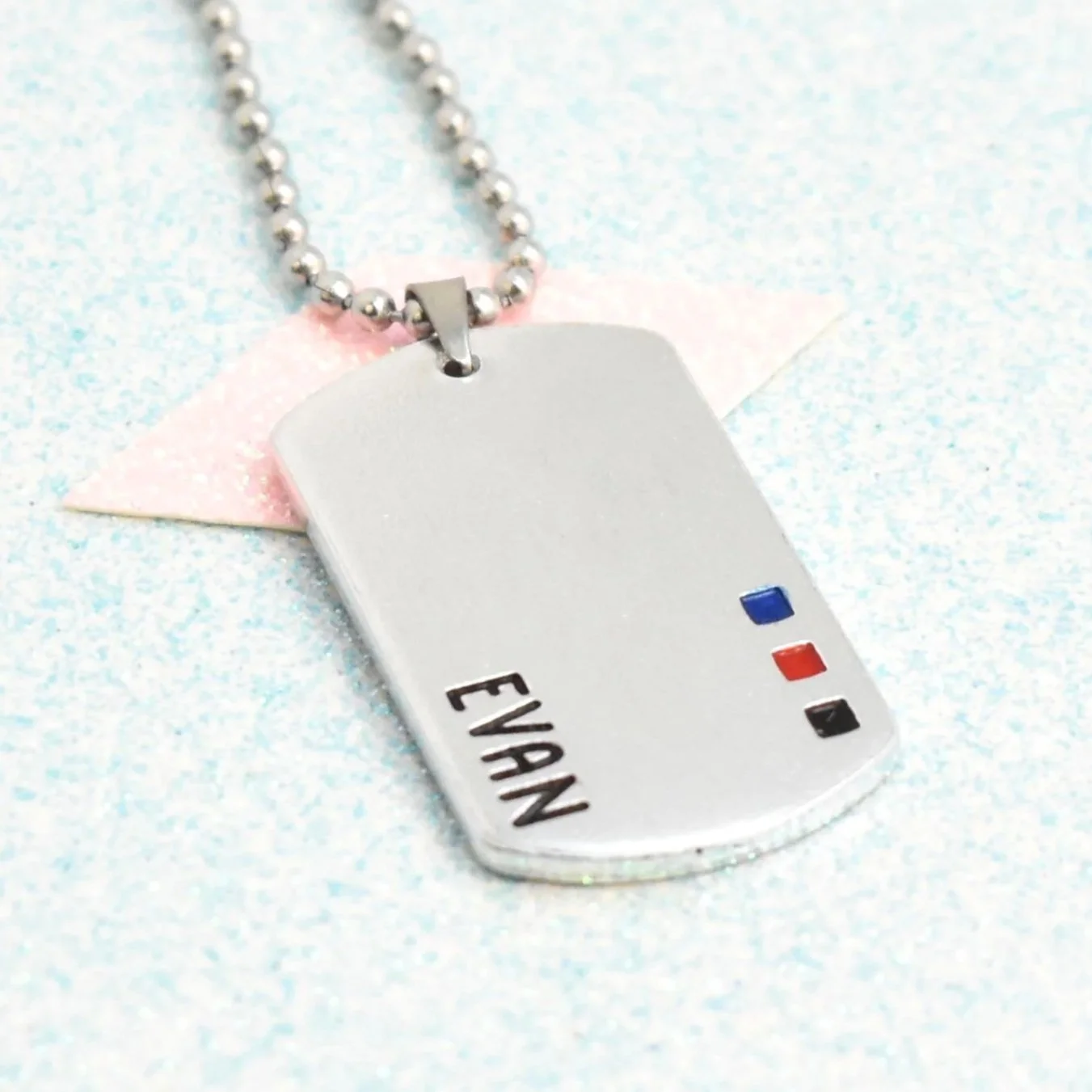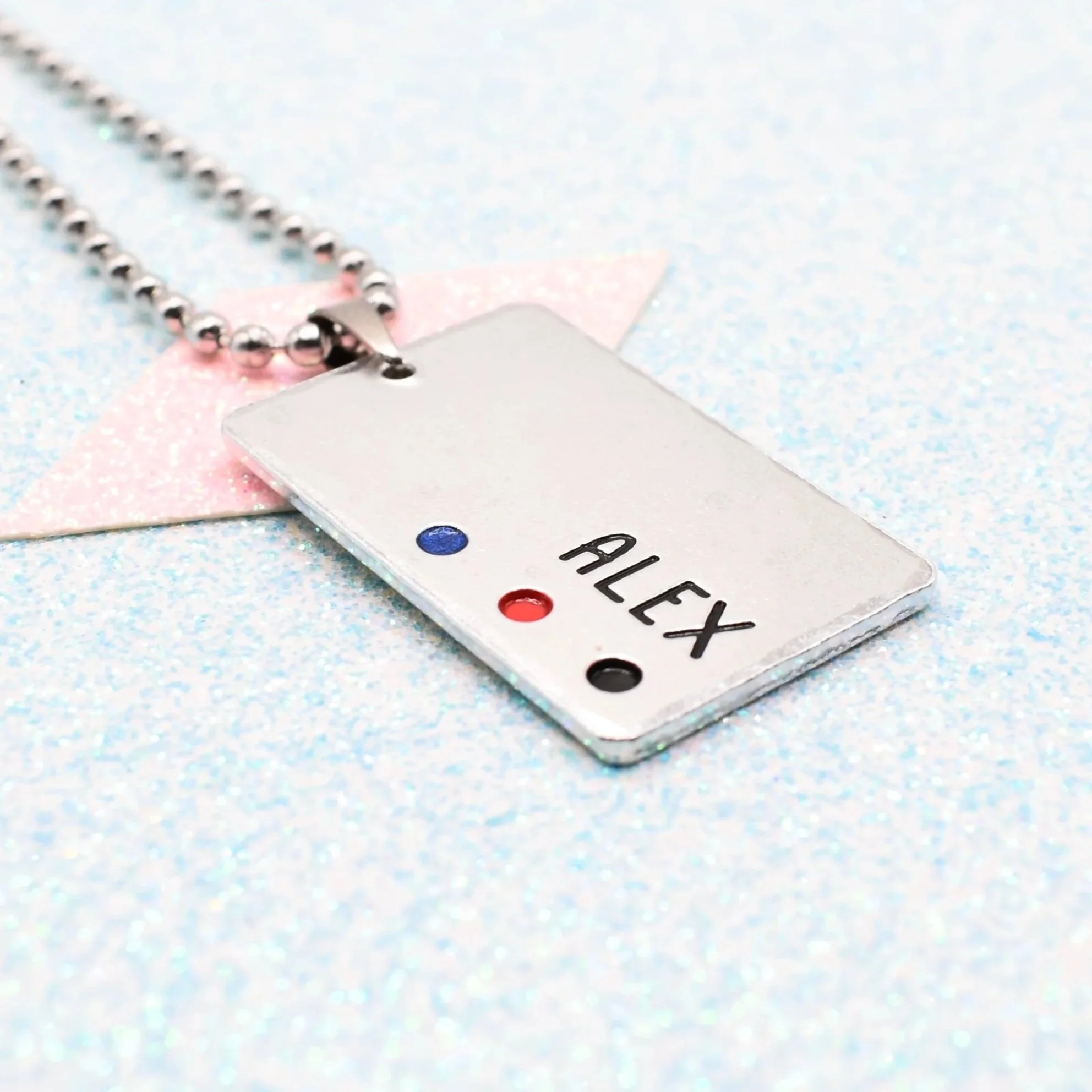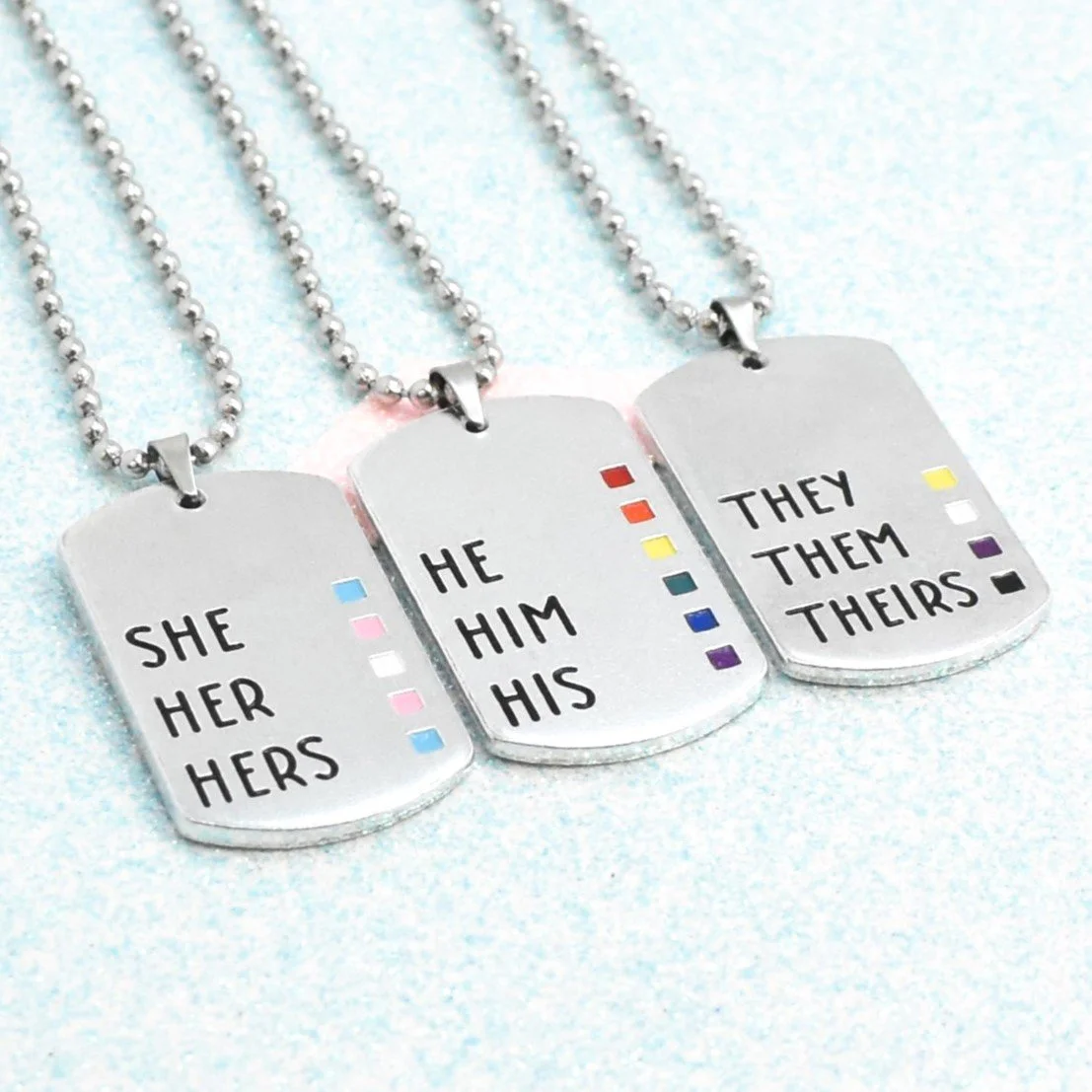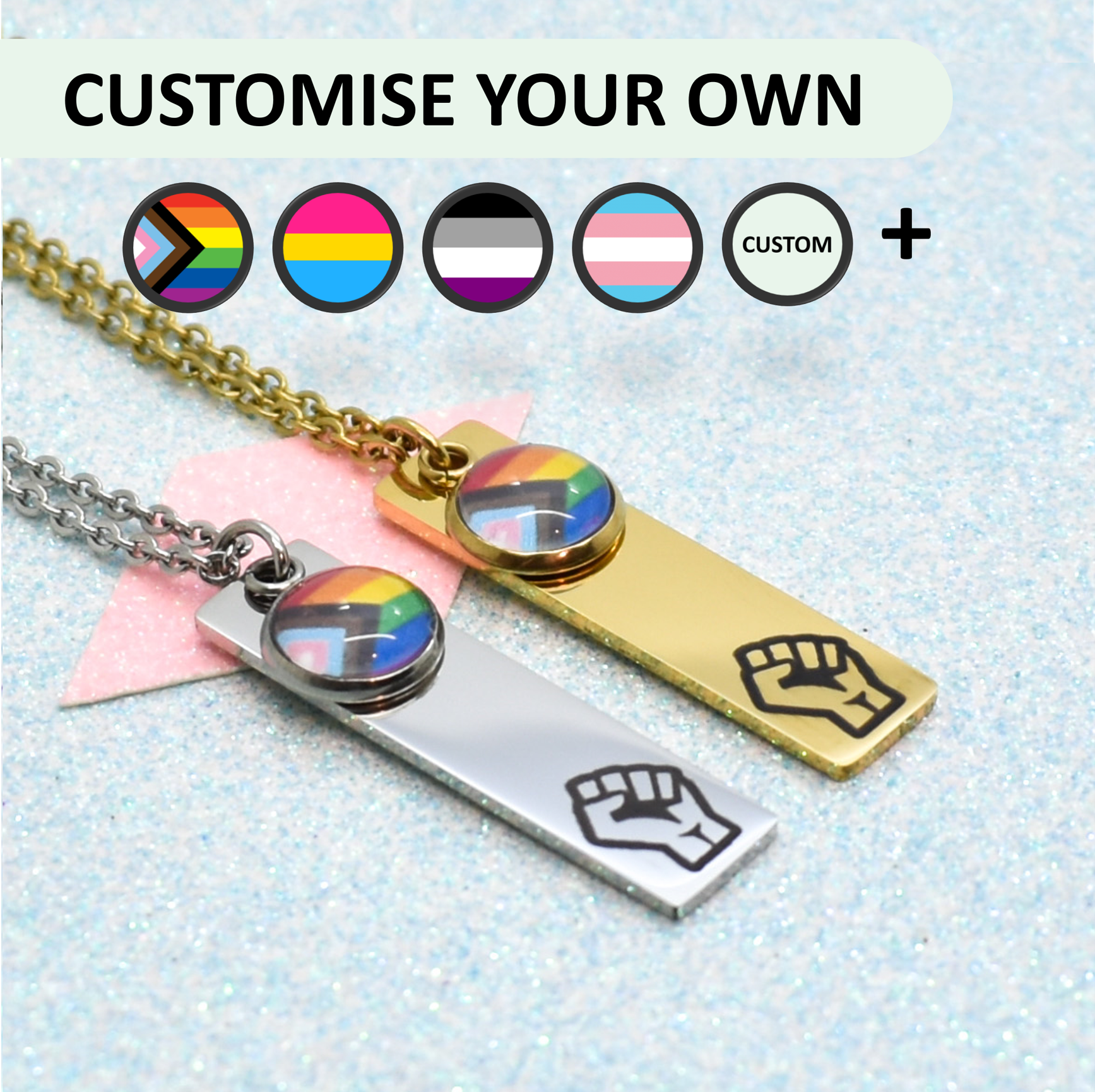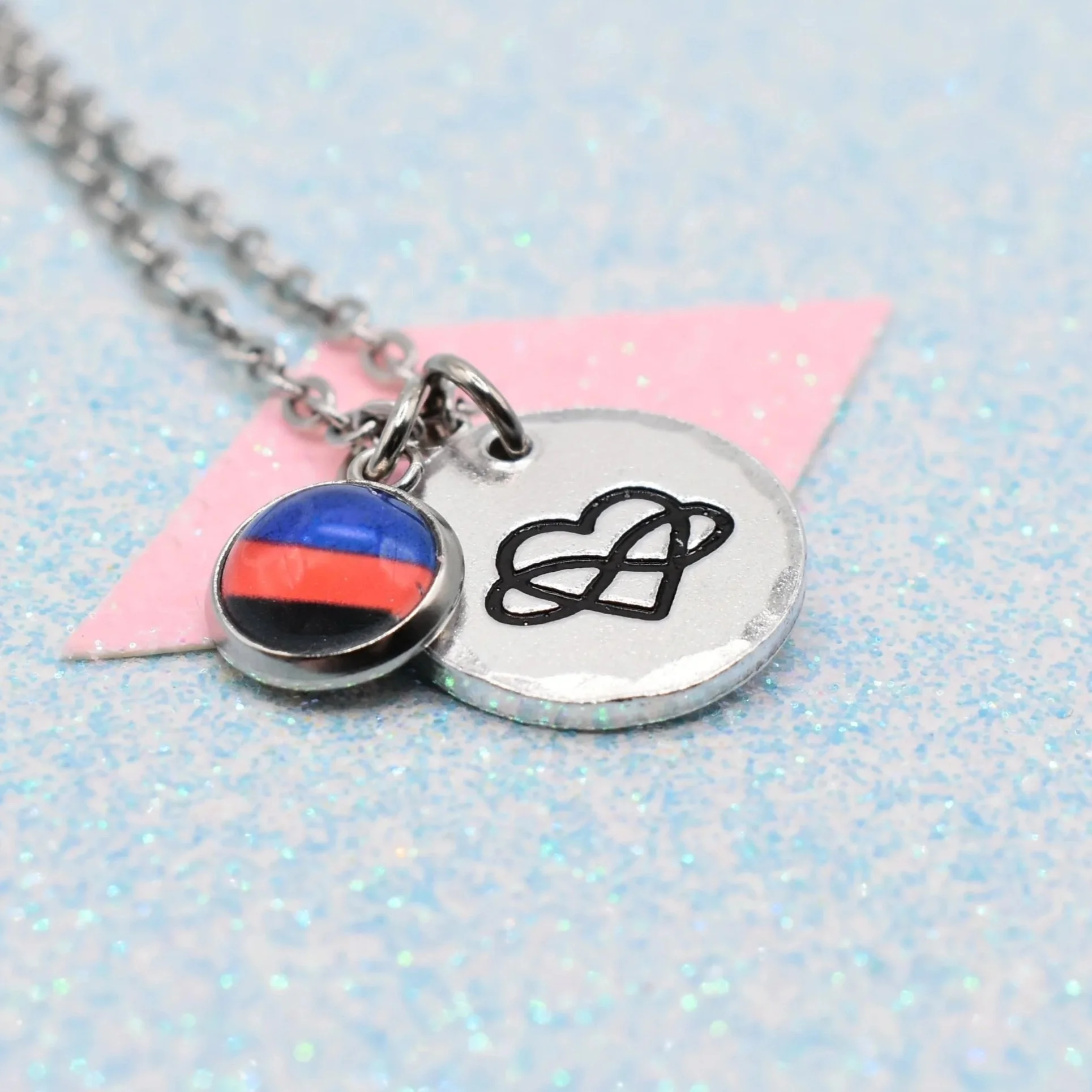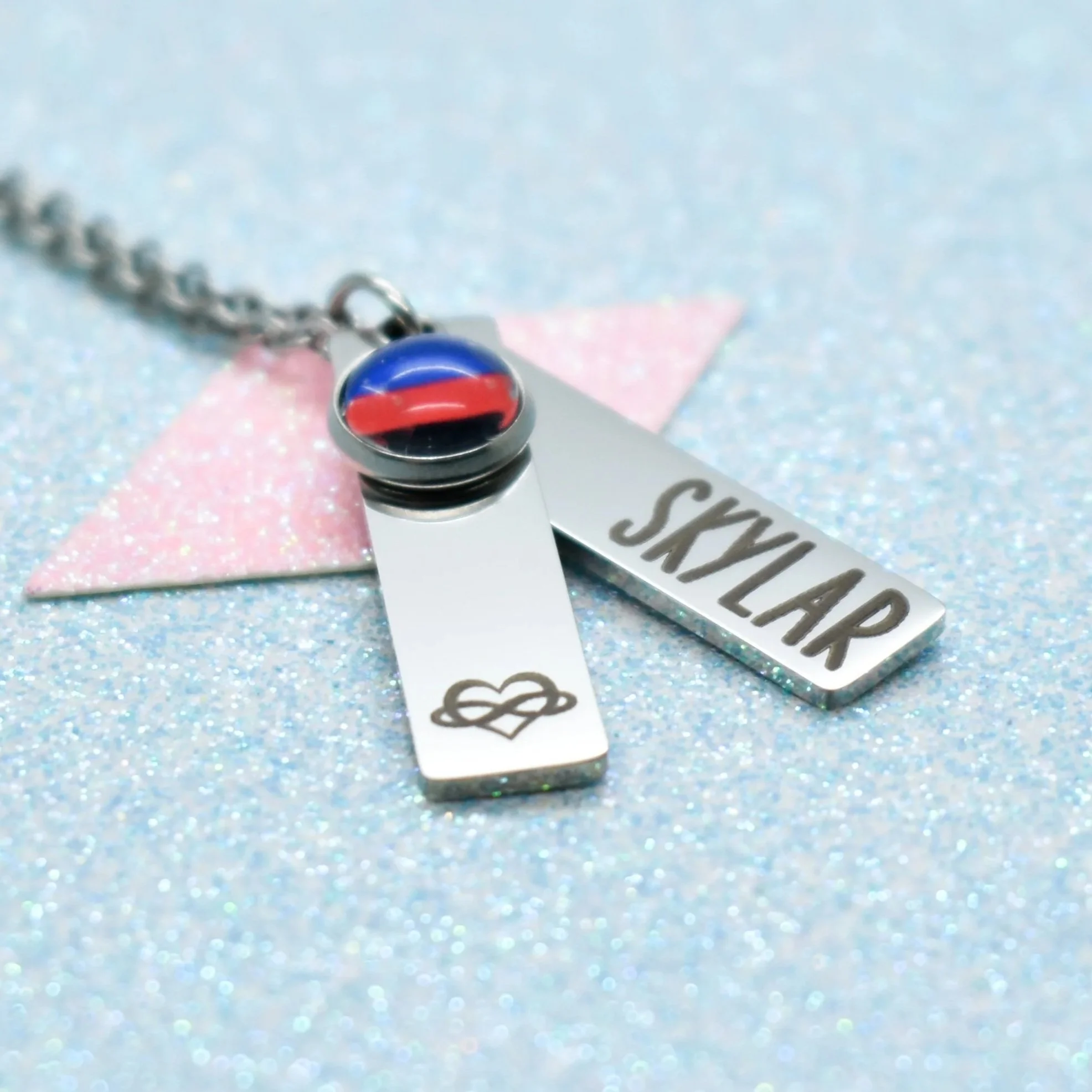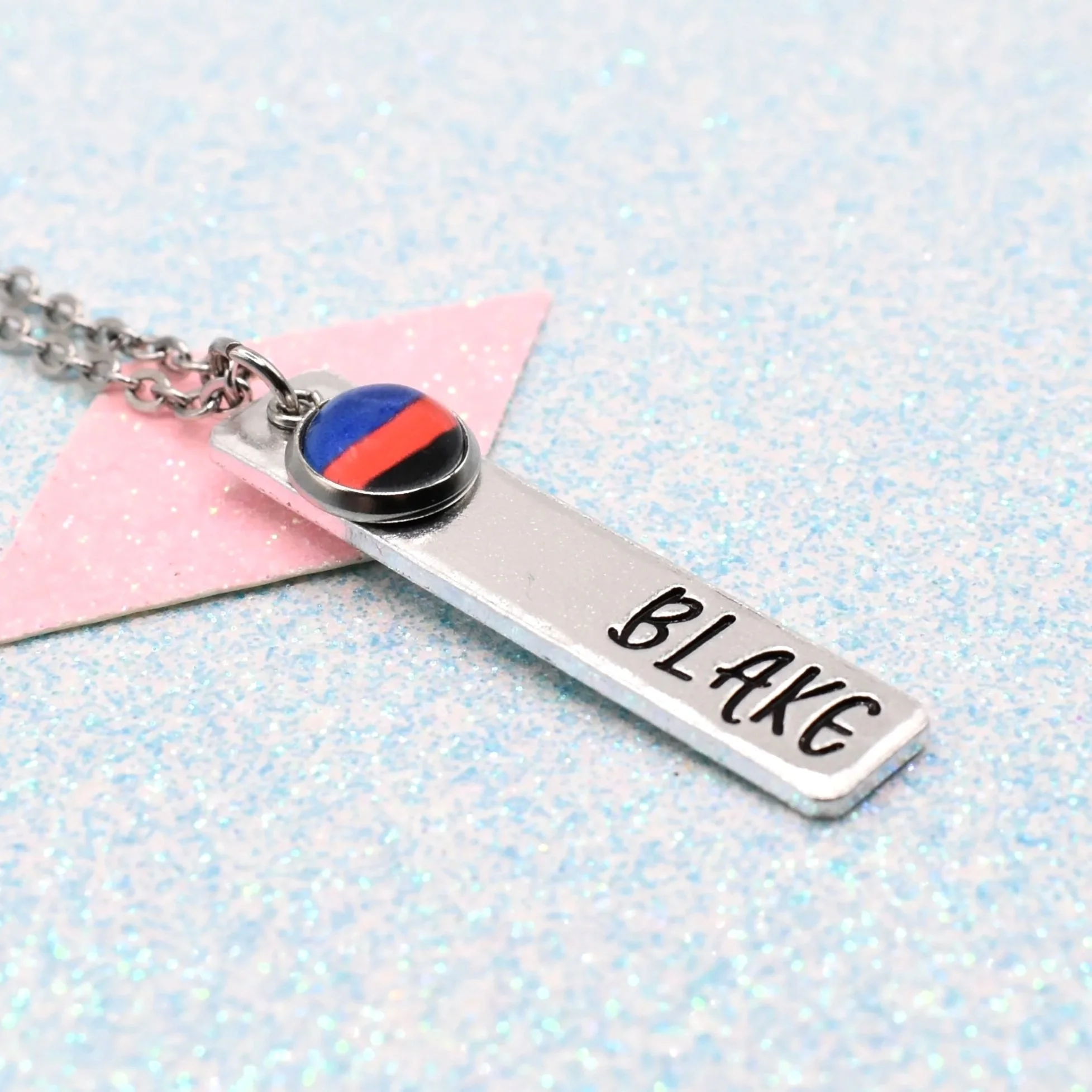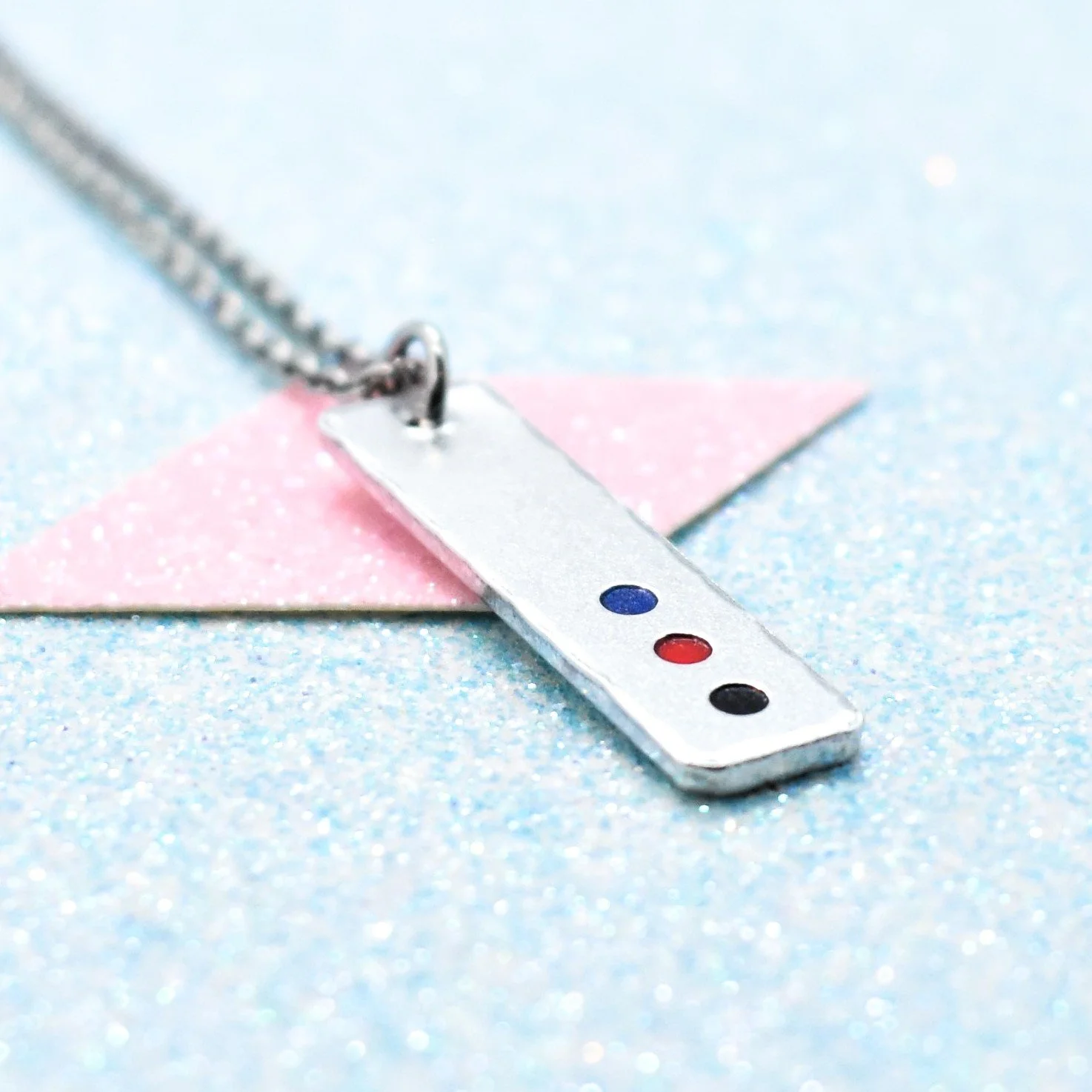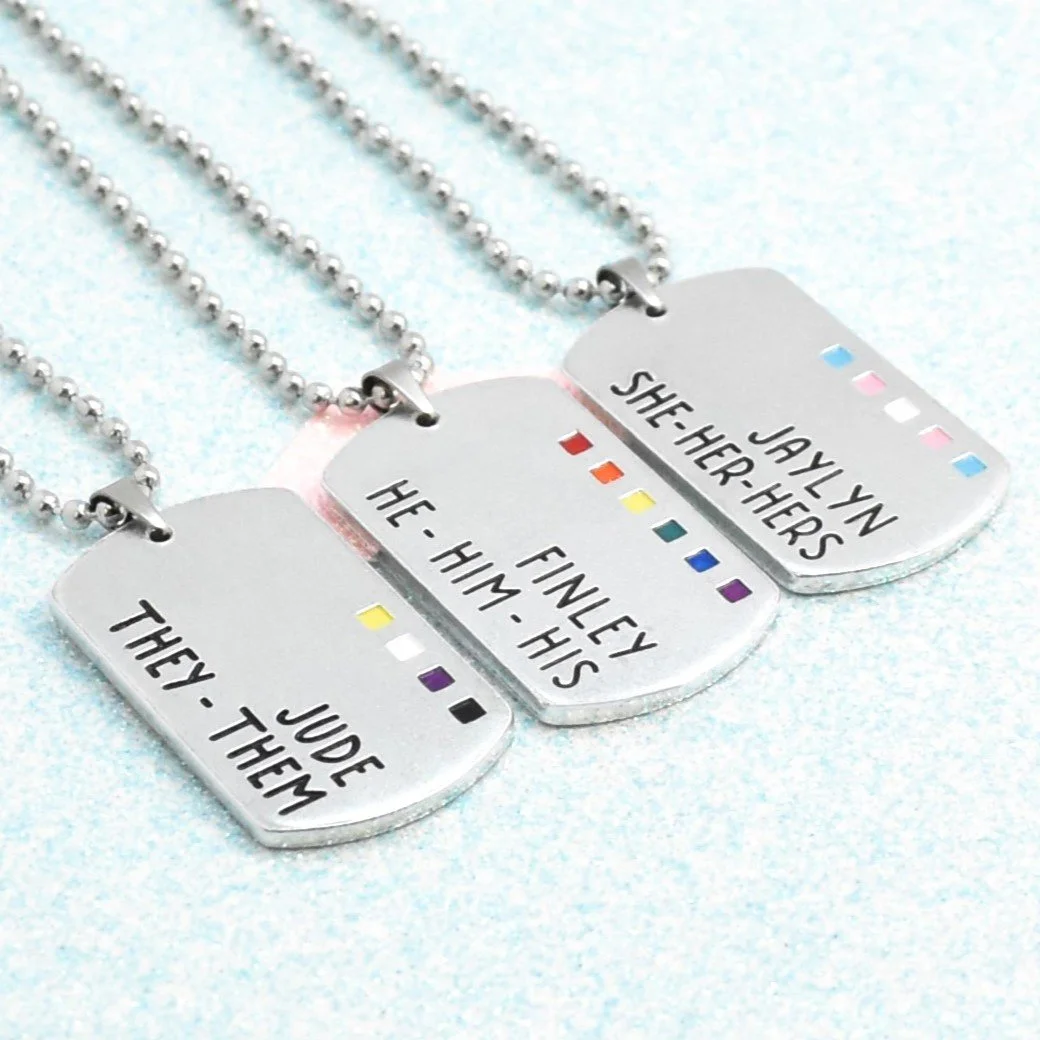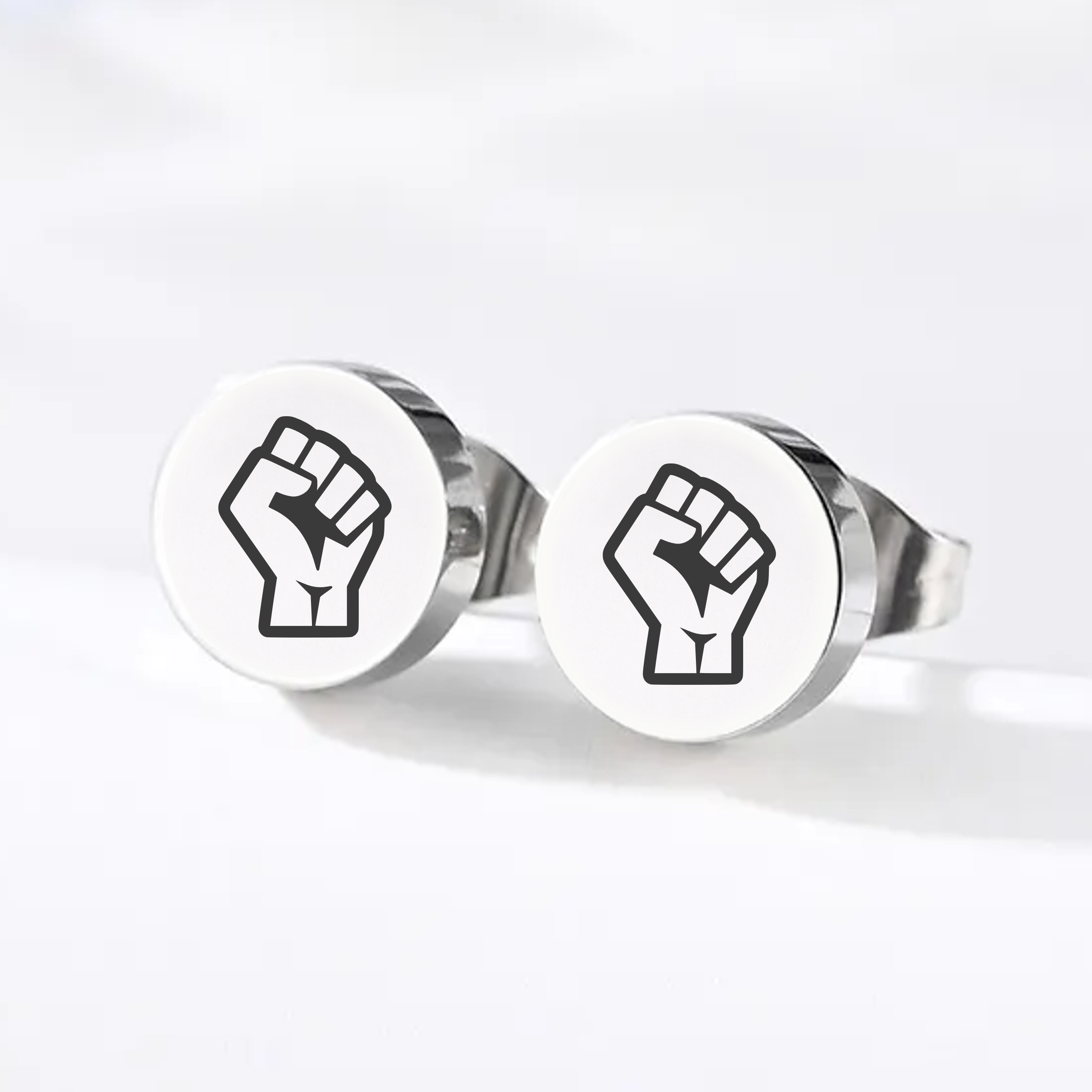Polyamory Pride Collection
Polyamory Pride Collection
Polyamory Pride Collection
Celebrate identity with handmade polyamory jewellery — crafted with pride, intention, and heartfelt meaning. From subtle infinity hearts to quiet symbols of love without limits, each piece is designed to honour honesty, autonomy, and the beauty of building connection beyond convention. Created with care for those embracing love in its many forms.
Our polyamory collection celebrates that openness, that visibility, and the right to love ethically, freely, and fully — valid, vibrant, and whole. 💙❤️🖤
-
Polyamory is the practice of having or being open to multiple loving, romantic, or sexual relationships with the full consent of everyone involved. It’s about honesty, communication, and the freedom to love beyond traditional relationship structures.
-
Don’t assume polyamory is about cheating — it’s based on consent. - Avoid comparing polyamory to lack of commitment. - Honour the emotional depth and care in poly relationships. - Avoid asking invasive questions about intimacy. - Respect chosen boundaries and the way people structure their connections.
-
Use inclusive language around relationships and love. - Respect that everyone defines love differently. - Acknowledge their partners and relationships as valid. - Don’t pry into personal dynamics unless invited. - Include poly folks in conversations without stereotyping.
Polyamory Education Area
Polyamory FAQs
-
No, polyamory is not just about sex—it's about love, trust, and ethical connection with more than one person.
Polyamory means having multiple consensual, romantic relationships at the same time, with everyone involved aware and respectful of each other. While sex may be part of some polyamorous relationships, the core of polyamory is about emotional bonds, communication, and building meaningful connections—not casual sex or cheating. It's about choice, honesty, and love in many forms.
-
Yes, polyamory can absolutely be healthy—just like any other relationship style.
When built on honest communication, consent, respect, and clear boundaries, polyamorous relationships can be loving, supportive, and deeply fulfilling. People in healthy poly relationships often prioritise openness, emotional maturity, and regular check-ins to keep everyone on the same page. Like any relationship, it takes effort—but with trust and mutual care, polyamory can be just as healthy and stable as monogamy.
-
No, polyamory is not a phase or a modern trend—it has deep roots throughout history and across cultures.
While the term “polyamory” is relatively new (coined in the 1990s), the practice of having multiple loving relationships has existed for centuries. In many Indigenous cultures, such as some Native American and African societies, non-monogamous relationship structures were normal and respected. Ancient civilisations like the Greeks and Romans also had more fluid views on love, partnership, and intimacy.
What’s new is not the concept—it’s the open, ethical, and communicative framing of polyamory in today’s society. As people become more open about different ways of loving, polyamory has become more visible—but it’s far from a passing phase. It’s a valid, enduring relationship choice with a rich and diverse history.
-
Yes, some polyamorous people do get married—but it depends on the individuals and their relationship structure.
Many poly people choose to marry one partner while still maintaining ethical, consensual relationships with others. Others may not legally marry at all but form deep, long-term partnerships with multiple people. Because legal systems usually only recognise monogamous marriage, polyamorous people often build chosen families and use personal agreements, ceremonies, or contracts to honour their commitments.
Marriage in polyamory can be as much about love, trust, and intention as it is in any relationship—just expressed in ways that reflect their unique dynamic.
-
You may feel that your love or connection isn’t limited to one person. You may find yourself naturally building deep relationships with more than one person — emotionally, romantically, or sexually. Or you may simply feel constrained by traditional expectations of monogamy. Being poly isn’t about quantity — it’s about alignment, honesty, and possibility.
Disclaimer: This is a supportive guide, not a diagnostic tool. You define your relationship style. You deserve love that fits who you are.

